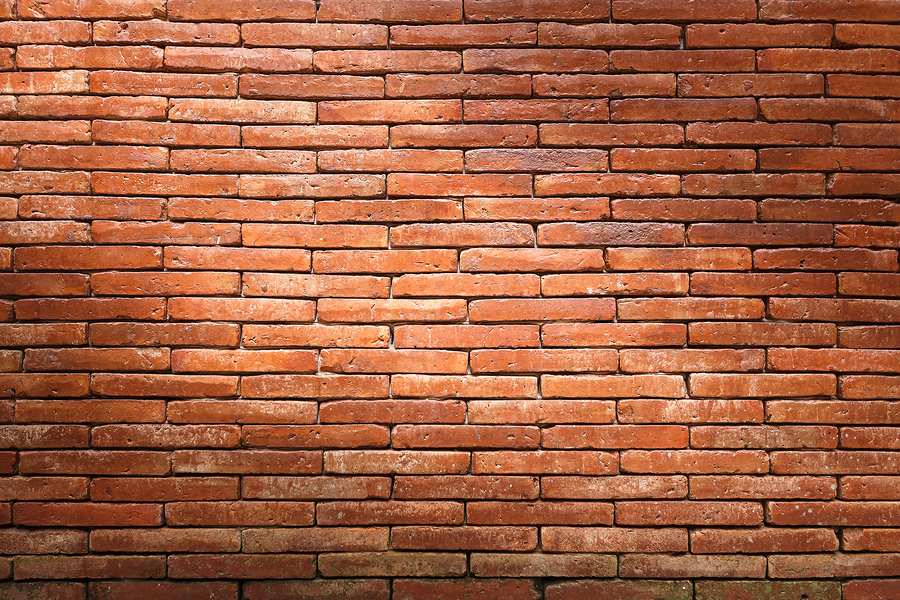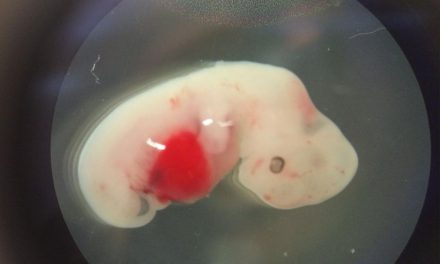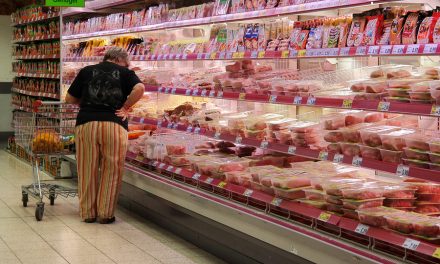To this day, concrete has been our primary building resource. As soon as we figured out how to build with concrete and steel, we began building immense skyscrapers, dams, and houses that have remained incredibly durable.
RELATED ARTICLE:
The downside to concrete is that making it takes a lot of energy. A lot.
It’s composed of water, crushed rock, and cement. In 2012, for instance, the US Energy Information Administration determined that cement manufacturing used more energy than any other industry in the US.
An alternative is much needed.
This is why a new process, consisting of growing bricks with bacteria, has become immensely popular. It is a process similar to the way coral grows; deposits of chemicals by millions of tiny organisms.
RELATED ARTICLE:
In this case, you inject bacteria into a brick mold with an aggregate, something like sand. After a short time, the bacteria turns it into a solid brick.
RELATED ARTICLE:
This can be done in space and the bacteria is so light that it can be transported to other planets easily for construction. Not only is this a renewable resource, it doesn’t take much energy and is a seriously viable option for future methods of construction.
*Article originally appeared at Minds.












